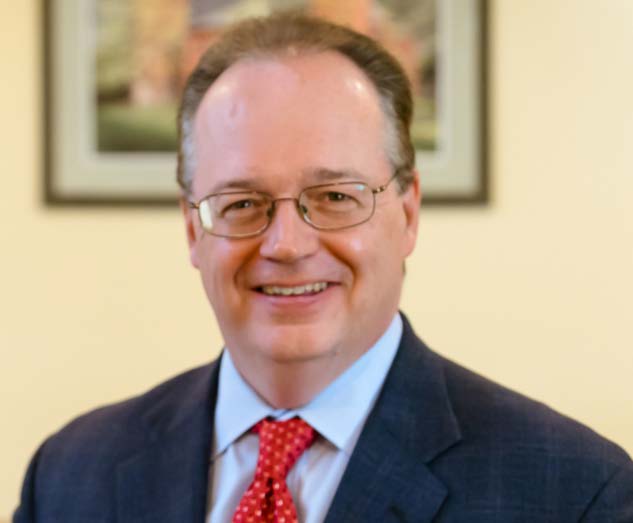 A physician in Illinois has demonstrated how not to respond to a healthcare fraud investigation. He now faces up to 10 years in federal prison after pleading guilty to obstructing the fraud investigation. Dr. Mahmoud Yassin was being investigated on suspicions that he had submitted insurance claims for medical procedures that were never performed. The FBI served a subpoena on the doctor seeking patient medical records. In response to that subpoena, the doctor allegedly gave an FBI agent a patient progress note that had been altered. The government claims that this single patient progress note was altered by the doctor to show an in-office examination previously claimed to an insurance carrier, but which had not taken place. A single falsification in a single patient medical record, and now the doctor faces up to ten years in prison plus the loss of his professional license. Does no one remember what happened to Martha Stewart? Martha Stewart, you may recall, was being investigated for insider trading in violation of the securities laws. At the conclusion of that investigation, she was not charged with any securities law violations. So, why did she go to prison? Because, instead of exercising her right to remain silent, Ms. Stewart decided to accept the government’s invitation to be interviewed. The government alleged that she made false statements to them during that interview, which is a federal crime. Dr. Yassin made a huge mistake by falsifying evidence. While healthcare fraud is a serious crime and can result in substantial penalties, physicians can often avoid criminal charges and preserve their professional license if they retain capable counsel and respond properly to the investigation. An experienced Medicare and Medicaid fraud attorney will advise their client on how to respond to the investigation, including how to respond to subpoenas and whether to speak with investigators or exercise their constitutional right to remain silent. The attorney can help the client identify possible defenses and weaknesses in the evidence that will make it difficult for the government to prove any crime, and can make motions to limit or exclude evidence. Retaining an experienced Medicare and Medicaid fraud attorney also means that the physician does not have to speak directly to investigators or prosecutors, unless he and his attorney decide that it is in his best interests to do so. The attorney can negotiate with the government in an effort to avoid or reduce any possible charges. If you are under investigation or have been charged with healthcare fraud, do not try the do-it-yourself approach. Get an experienced Medicare and Medicaid fraud attorney on your side. To arrange a free and confidential consultation, call John Howley, Esq. at (212) 601-2728 or click here to reach our office via email. John Howley, Esq. The information you obtain at this site is not, nor is it intended to be, legal advice. You should consult an attorney for advice regarding your individual situation. I invite you to contact our law offices and welcome your calls, letters and electronic mail. Contacting us does not create an attorney-client relationship. Please do not send any confidential information to us until such time as an attorney-client relationship has been established. I practice law and offer legal services only in jurisdictions where I am properly authorized to do so. I do not seek to represent anyone in any jurisdiction where this web site does not comply with applicable laws and bar rules.
0 Comments
Your comment will be posted after it is approved.
Leave a Reply. |
John Howley, Esq.
(212) 601-2728 |
